OPINION|
It’s difficult to measure the initial impact of the Hauxeda’s “Living in Fear” series, which put a spotlight last summer on the breadth and terror of domestic violence in Springfield and Greene County.
But, as noted by Jared Alexander, executive director of Harmony House, Greene County’s only shelter for victims of domestic violence and their children, the series “served as a way to inform the community about a very real and dangerous issue. … Even if this was the entry point for one person, we know that can have a lasting impact.”
The series (read a summary here) included nearly 30 stories published over a two-month period.
As the year wrapped up, I reached out to several of the key sources to reflect on what impact the series may have had. While it’s very difficult to track specific, direct effects of the reporting, here is what I found:
- Springfield police have seen a slight uptick in calls for domestic violence. Sgt. Chris Rasmussen, who headed the department’s domestic violence unit, says he hoped the series “had an effect on someone to make that life-changing call for help, that before would not have.”
- The Victim Center, a community resource for victims of any kind of abuse, has served 10% more people in 2023 than it did in 2022, and has seen a 12% increase in calls to its 24-hour hotline — 417-864-7233 (SAFE). “Raising public awareness about domestic violence and other violent and sexual crimes is definitely important for community safety,” said Anne Crites, acting executive director.
- The series put a spotlight on the “prevalence of domestic violence in our community” and also the complexity, said Jamie Willis, director of operations for the Greene County Family Justice Center.
- The stories “highlighted many of our successes in the fight to end domestic violence” and “acknowledges the passion and efforts” of advocates and the criminal justice system to “change lives for victims and survivors,” said Emily Shook, assistant prosecutor for the Greene County Prosecuting Attorney’s Office.
A key outcome of Living in Fear has been to raise awareness.
Alexander said his Harmony House staff has used the series as “a great reference piece for education team members to talk about in presentations, or to encourage people to read more about the impacts of (domestic violence) locally.”
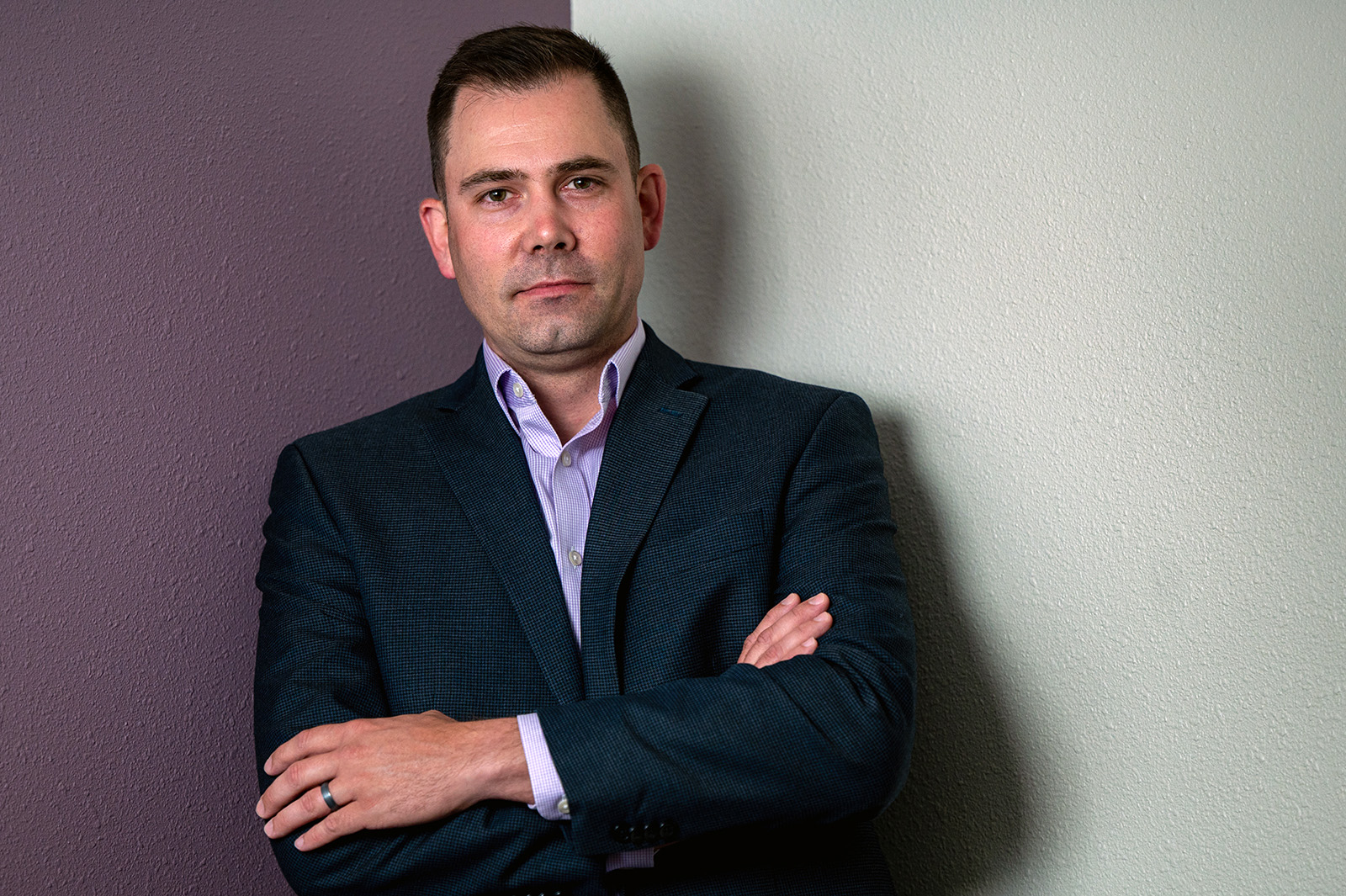
Shook said it has been especially “encouraging to hear people in various community spaces discussing the Daily Citizen’s coverage of our work.”
Prosecutor assured family examples were real — and typical
Shook said: “Even my own family members were asking if the specific cases summarized in the earliest parts of the series were (the) most violent ones we have in our office. I said that those were typical cases — we see those fact patterns on a weekly or even daily basis.”
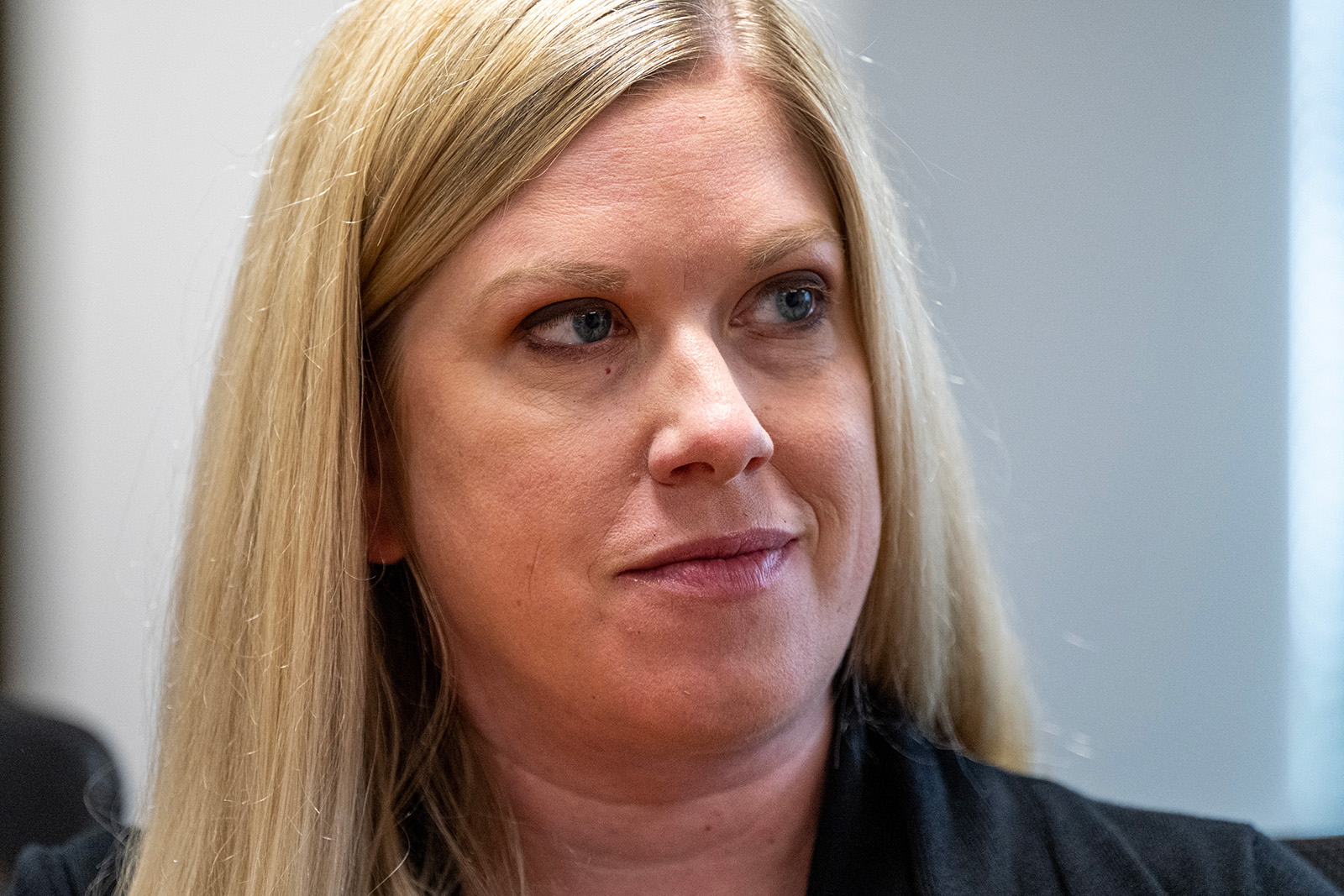
She added: “I’m hopeful that those reading about the prevalence of domestic violence in our community have been inspired to be part of the solution or felt comfort knowing that if they are in an abusive situation, they aren’t alone and there is help available.”
Willis agreed that the series “provided a closer look into the problem of domestic violence than most members of the public have had a chance to experience.”
Willis was grateful to reporters Steve Pokin and Jackie Rehwald for exploring the complexity of the issue in a way rarely seen from local media. Willis said this includes “the issues faced by the criminal justice system when working to hold offenders accountable, the difficulties victims face in protecting the safety of themselves and their children, the struggles of service providers to provide comprehensive services that meet all of the needs of survivors.”
Willis said: “I believe many members of the community still see domestic violence as an issue that isn’t happening in their families, in their neighborhoods, or in their social groups.”
Rasmussen, the police sergeant, agreed that was one of the most important takeaways from the series. “Domestic violence does not affect just one demographic of our city. Domestic violence is prevalent in all socioeconomic situations.”
‘Opened the conversation' for those apprehensive to discuss it
The series “opened the conversation for people to feel comfortable talking about something that I see most feel apprehensive to bring up,” Rasmussen said.
Law enforcement agents, workers in the justice system and victim advocates work together, he said, to “make the victims aware they are not alone.”
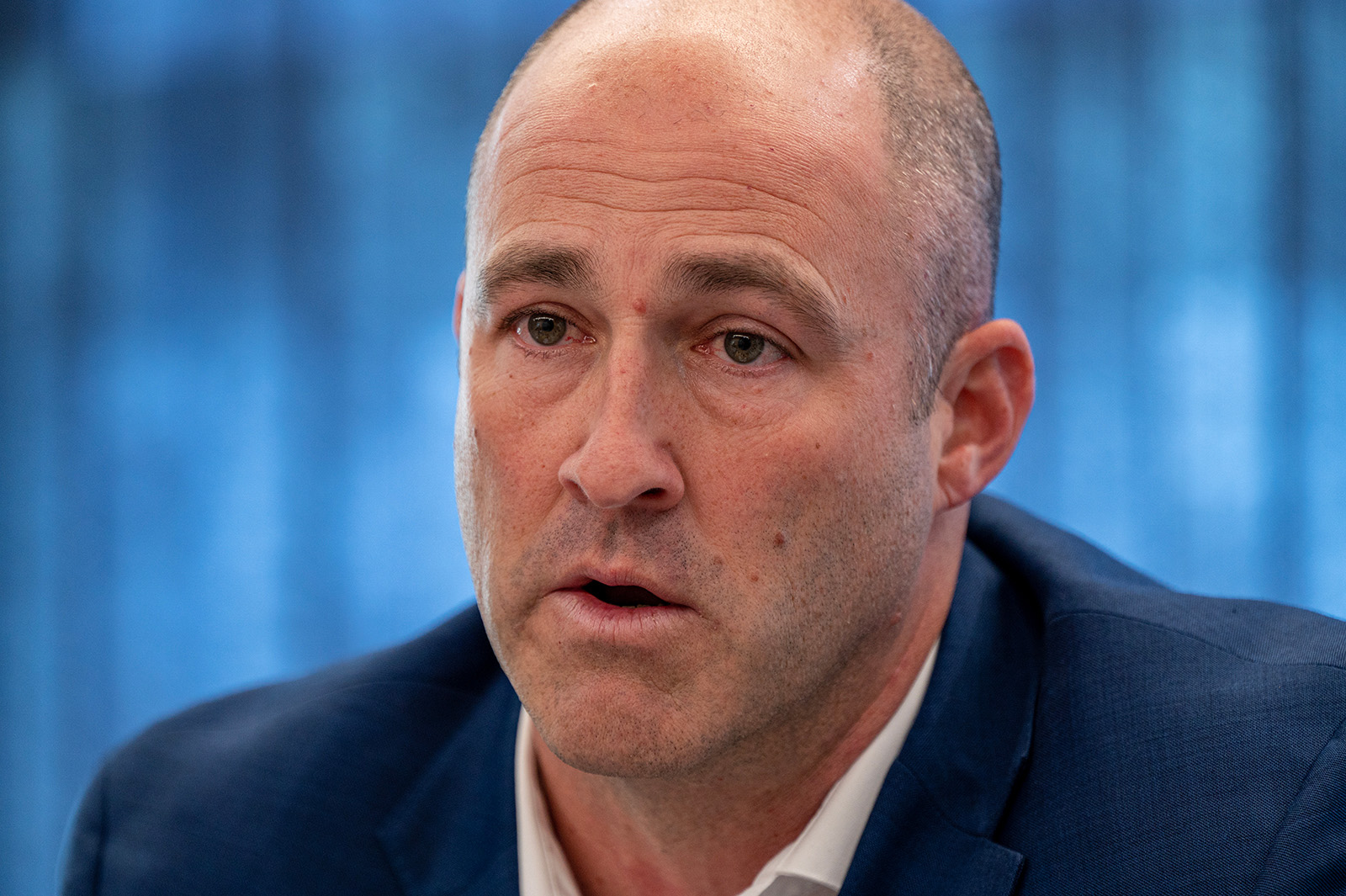
Shook credited the series for highlighting successes, even as domestic violence remains a scourge here. “I think it appropriately acknowledges the passion and efforts of our employees and those of our partner agencies over the last few years as we have implemented groundbreaking new practices to change lives for victims and survivors of domestic violence in our community.
“I have often reminded my team that if what we have set out to do was easy, it would already be done. There is certainly more to do,” Shook said. “I’m so proud as we reflect on our efforts to empower and protect victims of domestic abuse over the past several years and I’m encouraged as we look ahead and continue to evaluate and improve our practices. The collaboration between all of our agencies makes us stronger and helps us use our limited resources most effectively.”
While the team has a strong “sense of responsibility,” Shook said the staff involved need “to be diligent about recognizing the signs and symptoms of vicarious and secondary trauma in ourselves and each other. … This is really important to help us prevent compassion fatigue and burnout, which we know contribute to higher turnover and reduced efficacy of our attorneys and support staff.”
Willis said the Springfield community should be proud of the work done since the creation of the Family Violence Task Force in 2013, and opening of the Family Justice Center in 2018.
“With that being said, there is still much work to do, and not nearly enough resources to do it,” Willis noted. “Many of the organizations we work with have faced funding cuts, severe staffing shortages, employee turnover due largely to vicarious trauma and lack of funding to compete with the wages of the private sector.
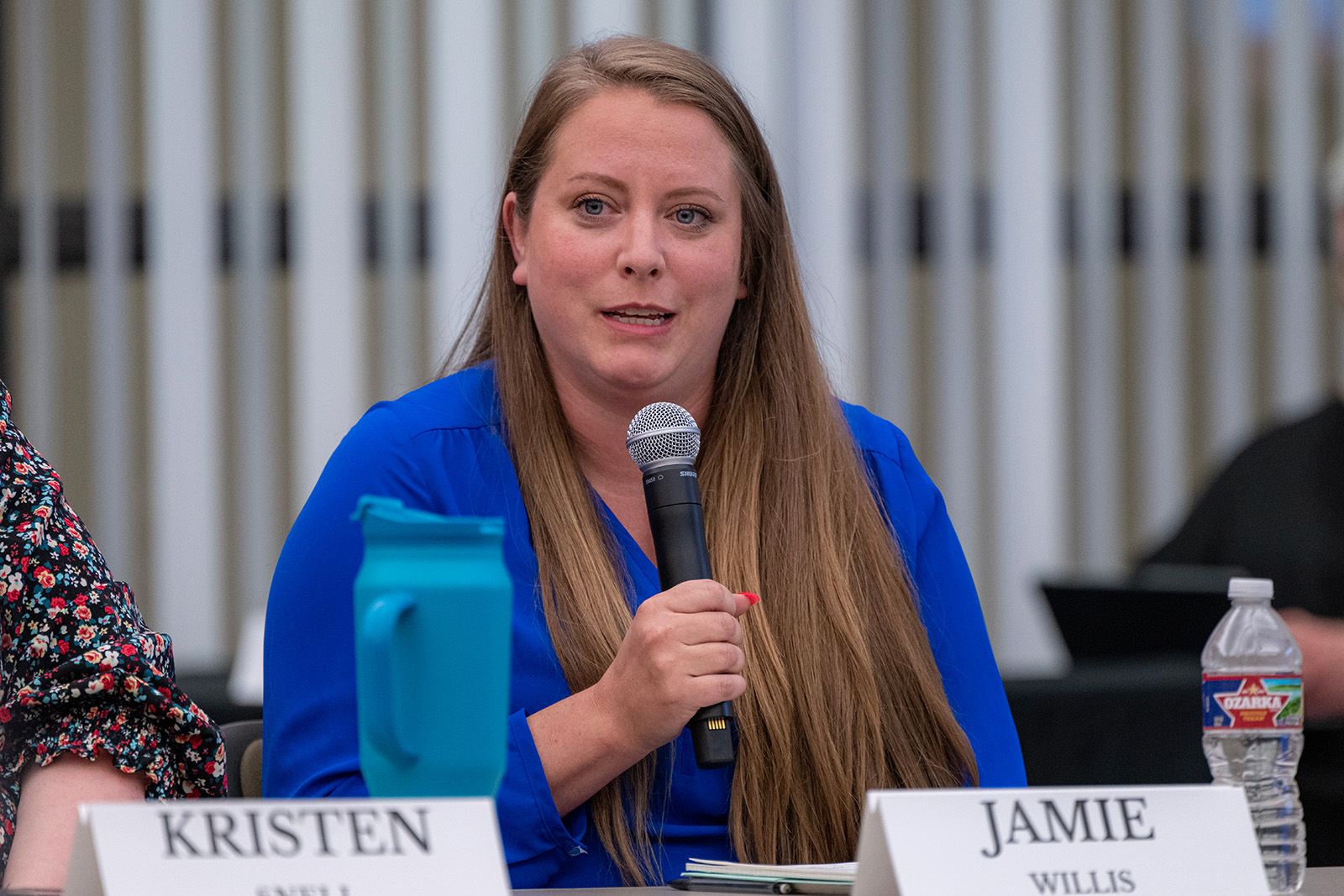
“I am hopeful that in-depth reporting and increased awareness will only help increase community support of the necessary programming to adequately address this issue in our community,” she concluded.
Fulfilling the Daily Citizen mission
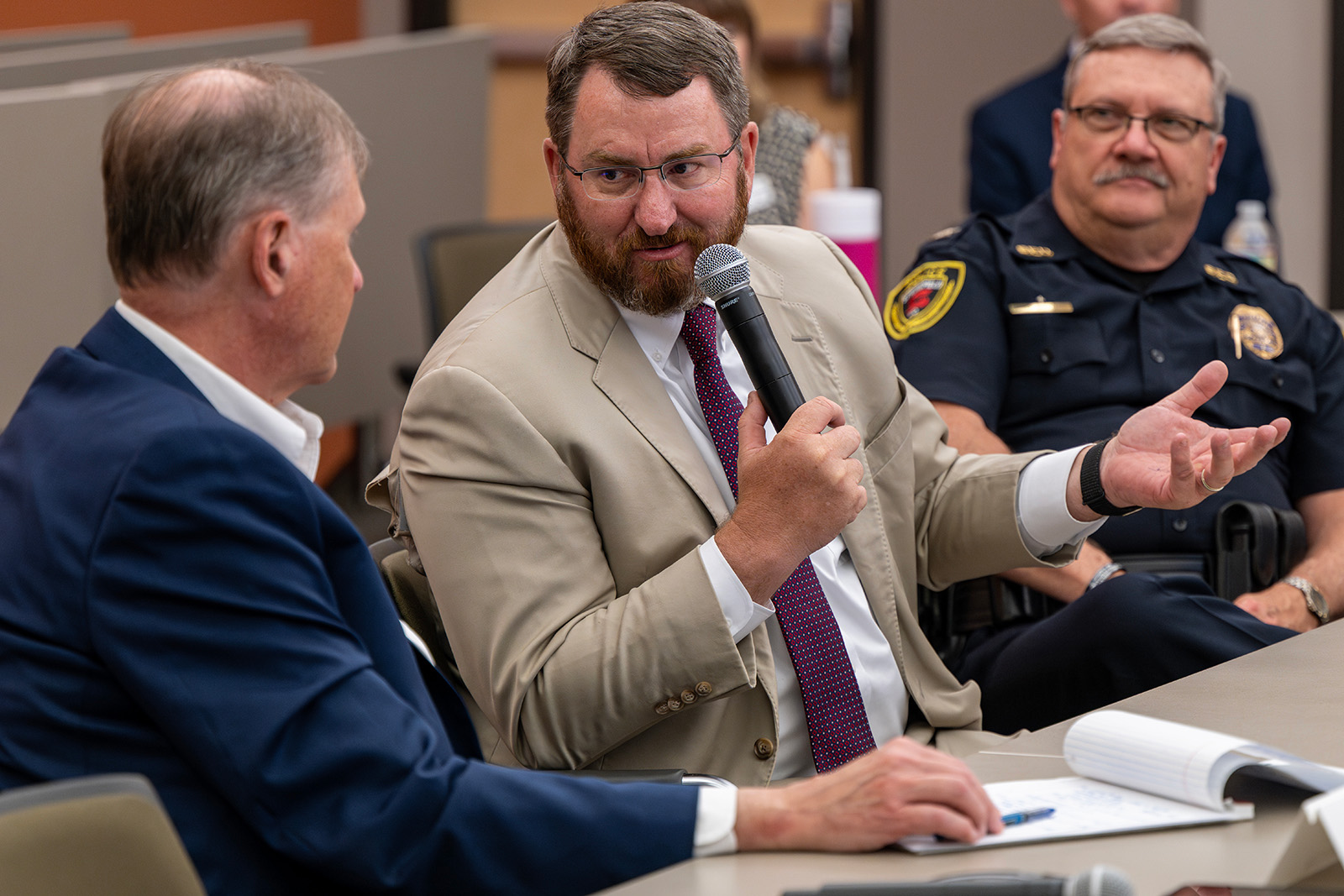
At the Hauxeda, our goal for the Living in Fear series was to shine a light on a persistent and insidious issue that is a black eye for our community.
We explored the issue in-depth, examined ways to reduce domestic violence and hosted a community roundtable with key leaders to discuss the issue and explore solutions.
While domestic violence affects thousands of lives here every year, a major obstacle to addressing it is that many people still don’t believe it’s widespread or much of an issue. Too often, our community has turned a blind eye, viewing the issue as a private matter, or one in which patriarchal views or religious convictions are weighted heavily.
The Living in Fear series was our most ambitious reporting effort since the Daily Citizen launched in February 2022. We hope our readers see it as a prime example of fulfilling our mission, which is to not just inform our community, but also to be a catalyst for good.
As always, I welcome your feedback on this series, or any other aspect of the Daily Citizen. You may reach me at the contact information listed below.
Where to get help, or how to provide help
If you need help due to a domestic situation, or if you suspect someone close to you is experiencing some form of sexual or domestic violence — or if you would just like to know how to help — we have gathered a set of resources for where to get help, or how to provide help.

